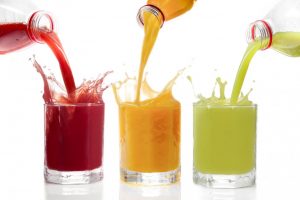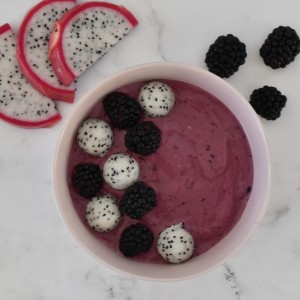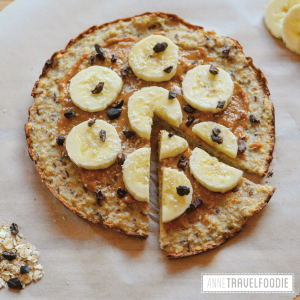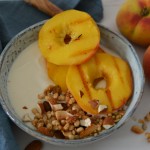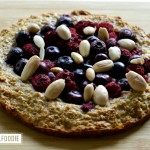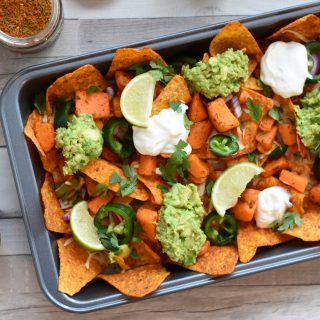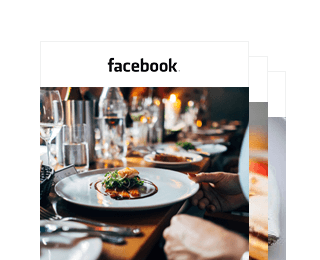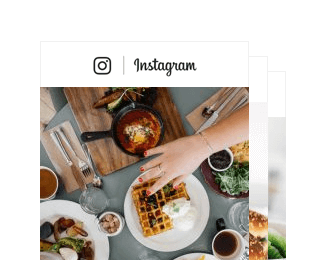Many people think that fruit juices and smoothies are healthy. They consider it part of a healthy lifestyle and associate it with weight loss. As with many believes, it’s hard to convince people otherwise. I’m going to make an attempt anyway.
I want you to eat and drink healthy and take good care of your body, so I feel it’s time to tell you why I never drink fruit juices and why I think you shouldn’t either (or at least change your opinion about it).
My opinion is backed up by the book Eet als een Expert (‘Eat like an Expert’) which gives you understandable and scientifically proven information about healthy food. Unfortunately this book is only available in Dutch, but for my International visitors I’m sharing some information from the book in this blog post.
You probably already know that you shouldn’t drink fruit juices with added sugar, as it’s linked to a higher risk of obesity and diabetes. So this blog post focuses on 100% pure fruit juices.
First of all: I really love fruit! Both fresh as frozen fruit is healthy. Try to vary in your fruit intake (so don’t eat the same fruit every day) and eat 2 or 3 pieces (or portions) of fruit a day.
More than 90% of the Dutch eat less than 2 pieces of fruit a day, which really concerns me. And I don’t quite get it because I think fruit is delicious!
Fruit is linked to lowering risks on cardiac and vascular diseases, strokes, diabetes type 2 and colon cancer.
Now there’s a reason why I say you should eat your fruit, and why you shouldn’t drink it. Many of the benefits of fruit get lost if you drink it and there’s also a mental reason!
One of the big benefits of fruits are the fibers and they will get crushed or be left behind in the juicer.
You probably know that fruits contain sugars; now there’s nothing wrong with that because the health benefits are much bigger than the ‘harm’ that the small amount of sugar will do. Also, if you eat 2 or 3 portions of fruit a day, you won’t get that much sugar. But a glass of fruit juice or a smoothie is often made from 5 to 8 portions of fruit. Meaning a glass of fruit juice (especially the ones that aren’t freshly squeezed) can contain more sugar than a class of coke.
Smoothies are often made with milk, yogurt or plant based dairy alternatives. Although there’s not much wrong with unsweetened dairy (or dairy alternatives), please check the package for the ingredients. Be careful with ‘fruit’ yogurt and rice or almond milk as they often contain added sugar. Some oat milk contains over 80% more sugar than a glass of coke.
Now there’s also a mental part involved; when you drink a fruit juice it doesn’t feel like a meal or even like a snack. It’s something extra that you drink next to your regular food moments. This way the sugars and calories are all extra and added to your daily intake. It’s better to make a smoothie bowl. This way you eat it like a meal instead of drinking it like a drink.

So my advice is to eat the whole pieces of fruit. If you do crave a smoothie: don’t peel the fruit, blend it shortly and eat it in a bowl with a spoon. This way it’ll be more satisfying and you won’t easily drink too much of it.
Another tip is to add vegetables to your smoothie as they contain less sugar.
If you’re thirsty try to choose water, tea or coffee (without sugar).
If you find it difficult to eat more fruit, try adding it to your breakfast!
You can for example have yogurt with grilled peach, apple ring pancakes or oatmeal pizza with banana.

